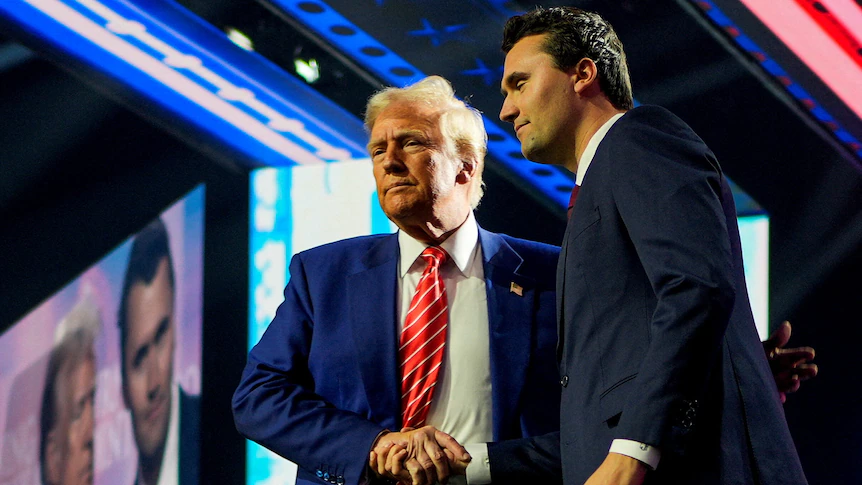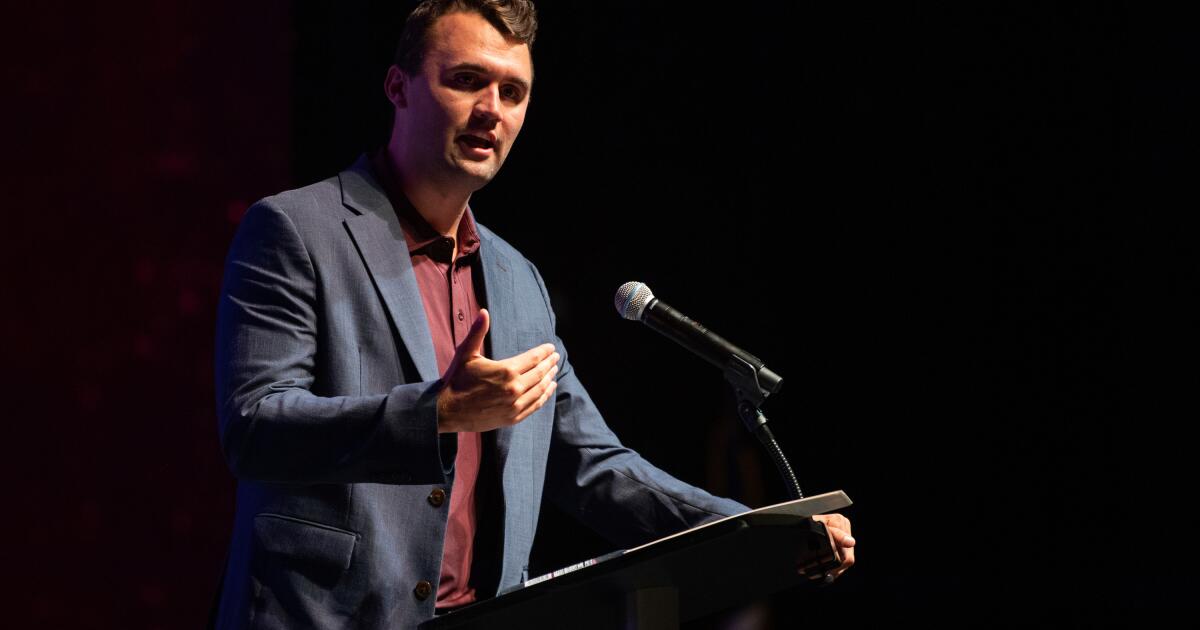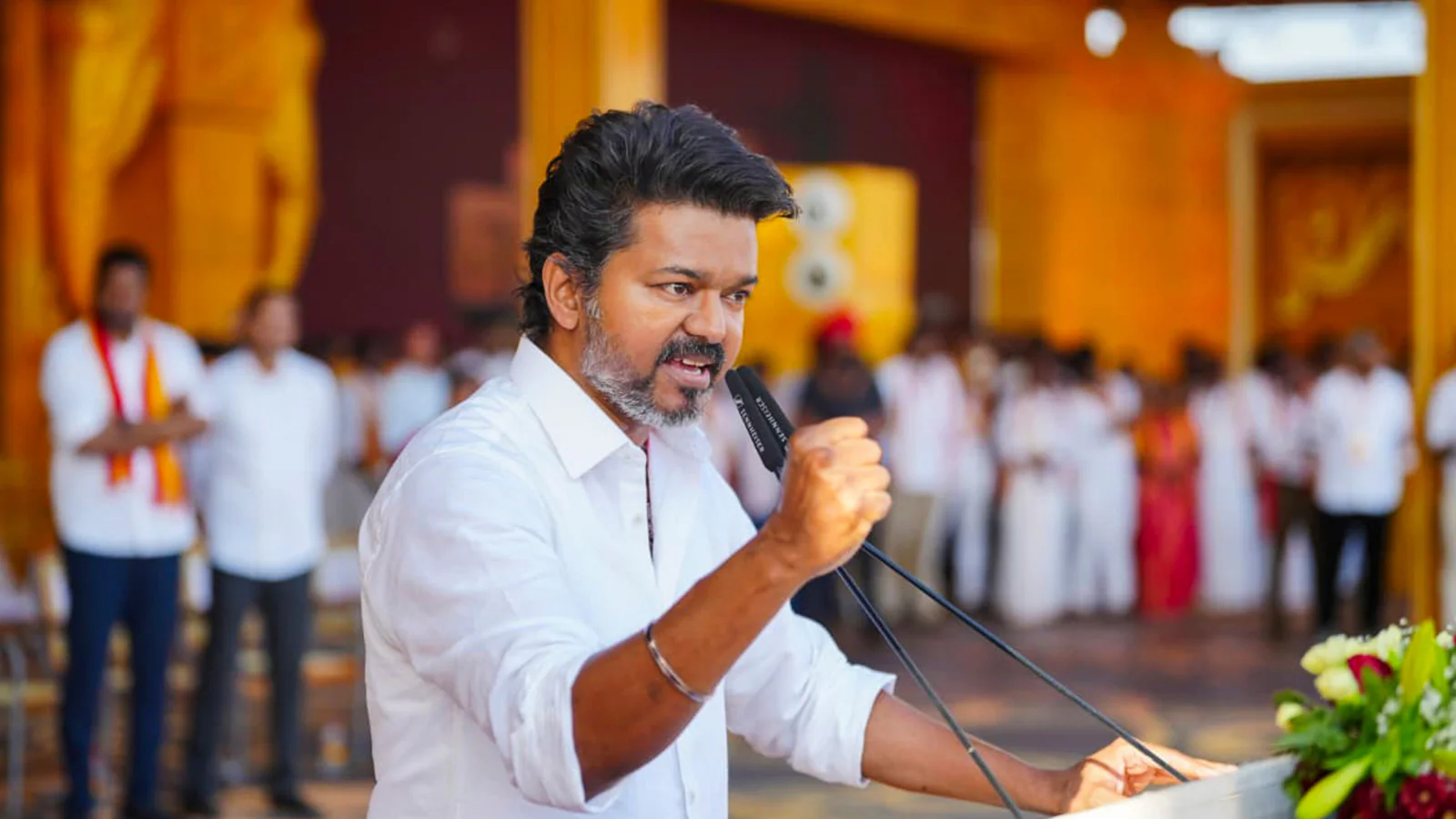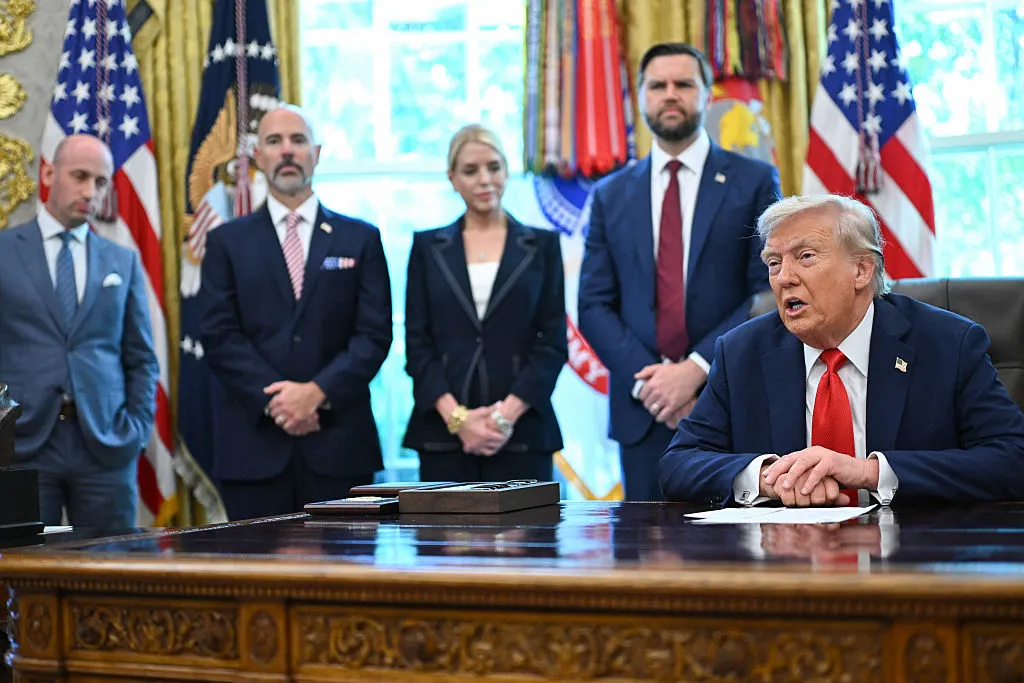By ABC News
Copyright abc

Charlie Kirk, who rose from a teenage conservative campus activist to a top podcaster, culture warrior and ally of US President Donald Trump, has been shot and killed during one of his trademark public appearances at a college in Utah.
Mr Kirk died doing what made him a potent political force — rallying the right on a college campus, this time Utah Valley University.
His shooting is one of an escalating number of attacks on US political figures, from the assassination of a Democratic state politician and her husband in Minnesota to last year’s shooting of Mr Trump, that have roiled the nation.
Mr Trump announced Mr Kirk’s death on his social media site, Truth Social.
Mr Kirk had personified the pugnacious, populist conservatism that has taken over the Republican Party in the Trump age.
He launched his organisation, Turning Point USA, in 2012, targeting younger people and venturing onto liberal-leaning college campuses where many Republican activists were nervous to tread.
A supporter of Mr Trump during the billionaire’s initial 2016 presidential run, Mr Kirk took Turning Point from one of a constellation of well-funded conservative groups to the centre of the right-of-centre universe.
Turning Point’s political wing helped to energise disaffected conservatives who rarely vote during Mr Trump’s 2024 campaign.
Mr Trump won Arizona, Turning Point’s home state, by five percentage points after narrowly losing it in 2020.
The group is known for its flamboyant events that often feature strobe lighting and pyrotechnics. It reports having more than 250,000 student members.
Mr Trump on Wednesday praised Mr Kirk, who started as an unofficial adviser during Trump’s 2016 campaign and more recently became a confidant.
“He was a very, very good friend of mine and he was a tremendous person,” Mr Trump told The New York Post.
Mr Kirk showed off an apocalyptic style in his popular podcast, radio show and on the campaign trail.
During an appearance with Mr Trump in Georgia, he said that Democrats “stand for everything God hates”.
Mr Kirk called the Trump vs Kamala Harris choice “a spiritual battle”.
“This is a Christian state. I’d like to see it stay that way,” Mr Kirk told the 10,000 or so Georgians, who at one point joined Mr Kirk in a deafening chant of “Christ is King! Christ is King!”
Mr Kirk had also remained a regular presence on college campuses.
Last year, for the social media program Surrounded, he faced off against 20 liberal college students to defend his viewpoints, including that abortion is murder and should be illegal.
Mr Kirk was married to podcaster Erika Frantzve. They have two young children.
Turning Point was founded in suburban Chicago in 2012 by a then 18-year-old Mr Kirk and William Montgomery, a Tea Party activist, to proselytise on college campuses for low taxes and limited government. It was not an immediate success.
But Mr Kirk’s zeal for confronting liberals in academia eventually won over an influential set of conservative financiers.
Despite early misgivings, Turning Point enthusiastically backed Mr Trump after he clinched the Republican nomination in 2016.
Mr Kirk served as a personal aide to Donald Trump Jr, the former president’s eldest son, during the general election campaign.
Soon, Mr Kirk was a regular presence on cable TV, where he leaned into the culture wars and heaped praise on the then-president. Trump and his son were equally effusive and often spoke at Turning Point conferences.
As money poured in, Mr Kirk bought a $US 4.75 million ($7.1 million) Spanish-style estate on a gated Arizona country club.
Turning Point steered millions of dollars to contractors owned by Mr Kirk and his associates, and some Republicans were sceptical when it announced the organisation would spearhead an attempt to turn out infrequent voters during Mr Trump’s 2024 campaign.
But as younger voters shifted right in 2024 and Mr Trump ran up a five-point margin of victory in Arizona, Mr Kirk and his allies claimed vindication of his view of a sharp-elbowed, culture-war-oriented conservatism.
Mr Kirk’s evangelical Christian beliefs were intertwined with his political perspective, and he argued that there was no true separation of church and state.
He also referenced the Seven Mountain Mandate, which specifies seven areas where Christians should lead: politics, religion, media, business, family, education and the arts, and entertainment.
Mr Kirk argued for a new conservatism that advocated for freedom of speech, challenging big tech and the media, and centering working-class Americans beyond the nation’s capital.
“We have to ask ourselves a question as a conservative movement: Are we going to revert back to the party of the status quo ruling class?” he said in his speech opening the Conservative Political Action Conference in 2020.



